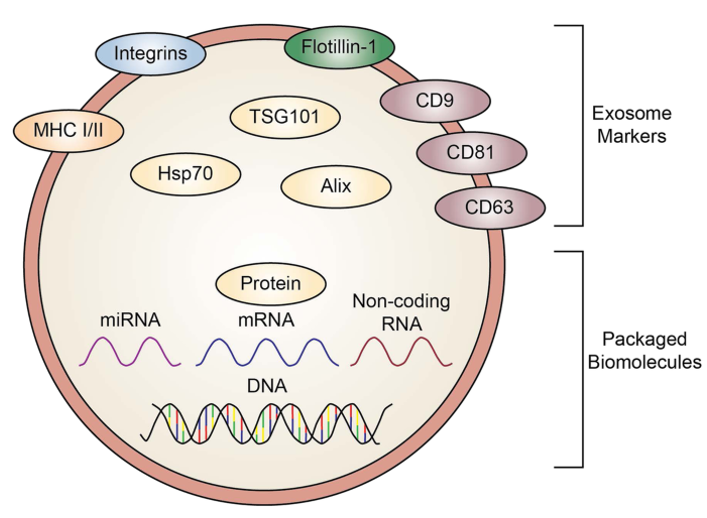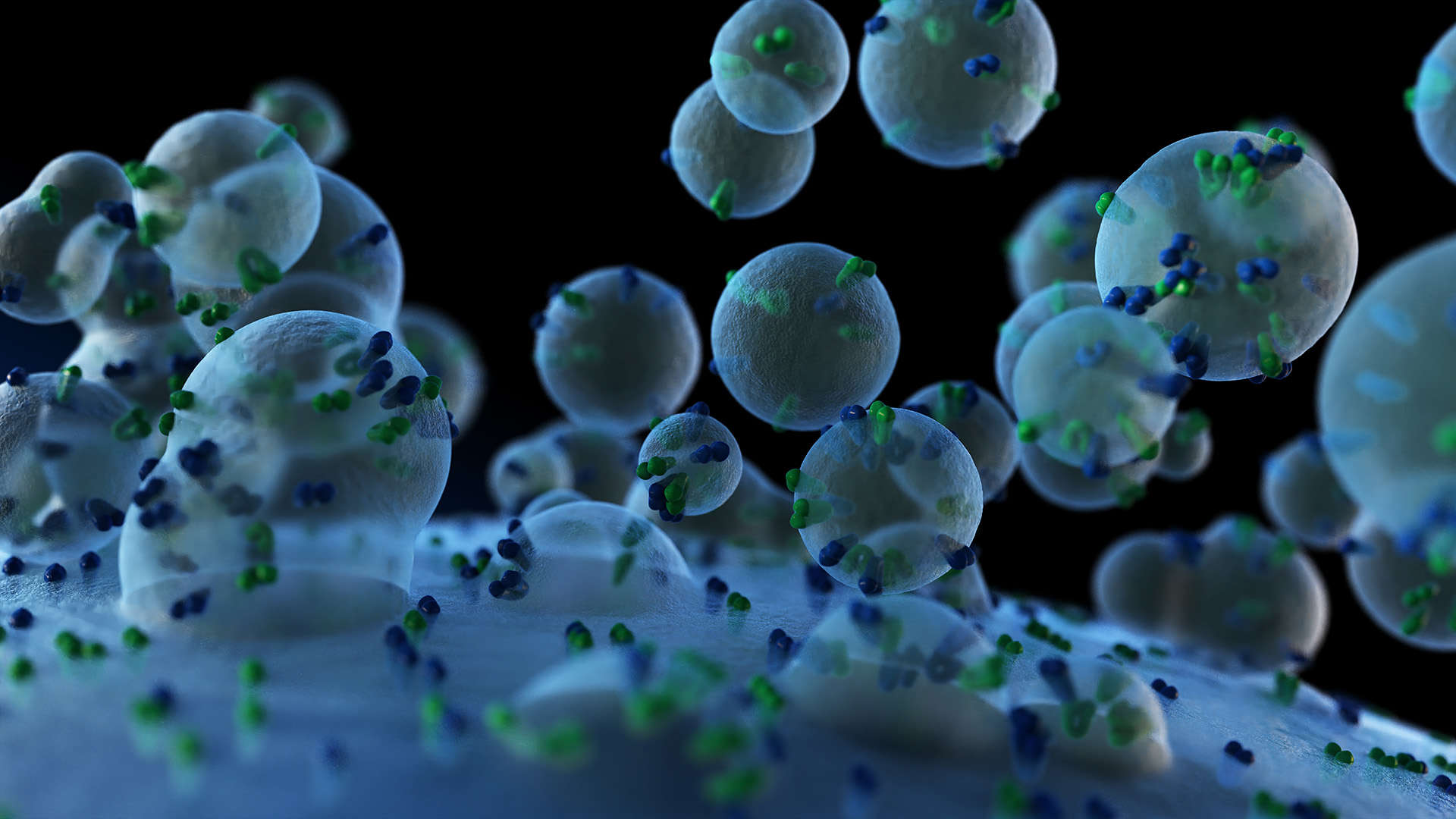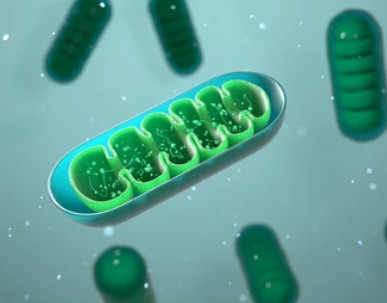Exosome Marker Analysis
Online InquiryExosomes are 30-100 nm vesicles of lipid bilayer membrane structure secreted by cells and contain proteins, nucleic acids, lipids and other components, which are also important information substances in body fluids. Almost all types of cells can secrete exosomes. Exosomes are widely found in body fluids, including blood, tears, urine, saliva, and lacteal ascites. The content of exosomes is relatively high in serum/plasma and low in cell culture supernatants, urine, saliva, etc. The composition of exosomes of different tissue cell sources varies, and therefore the biological functions they perform are very different. The most important function of exosomes is to participate in intercellular communication. It is able to act on target cells in different ways to achieve intercellular information transfer and thus produce a series of physiological or pathological responses, such as angiogenesis, immunomodulatory antigen presentation, etc.
 Exosome markers and contents (McAndrews et al., 2019).
Exosome markers and contents (McAndrews et al., 2019).
Proteins are the main components of exosomes. Some of them are non-specific proteins, a group of proteins or protein families shared by different cell-derived exosomes, such as heat shock proteins (e.g. HSP60, HSP70, HSPA5, CCT2 and HSP90, etc.), four transmembrane proteins (e.g. CD9, CD63, CD81), Rab proteins, etc. CD9, CD63, etc. are often used as exosome surface specific markers for identification after isolation. Another part is specific proteins, which are often closely related to the biological functions of the source cells, such as A33 (from colonic epithelial cells), MHC-II (from antigen-presenting cells), CD86 (from antigen-presenting cells) and lactoproteins (immature dendritic cells). Among them, CD63, CD9, CD81 and TSG101, HSP70 and ALIX are the most common exosome biomarkers. Studies have confirmed that the various types of proteins carried by exosomes are closely associated with diseases, especially tumors.
Creative Proteomics has built an exosome research platform that can provide you with exosome surface protein analysis services to help accelerate the progress of your project.
Services we can provide:
- Isolation and enrichment of exosomal CD9, CD63, CD81, TSG101, HSP70 proteins
- Exosome surface protein identification and quantitative analysis
Technology Platform of Exosomes Maker Analysis Service
Western blot: By extracting total exosome proteins and quantifying the target proteins relatively by Western blot (WB) method, we can understand their enrichment in exosomes or identify the samples as exosomes by Western blot of specific exosome markers. WB identification of exosome common markers: CD63/CD81/CD9/TGS101/HSP70, etc.
- Sample requirements: 1. sample particle number >10^6, no resuspension; 2. Avoid repeated freezing and thawing of samples, store at -80°C and transport on dry ice.
- Result content: 1. Western blot report of the target protein; 2. Original data.
- Experimental cycle: 5 working days
Exosomes protein mass spectrometry identification:
- Mass spectrometry platform: Sciex 5600, Thermofisher Q Exactive
- Experimental cycle: 2-6 weeks
Reference
- McAndrews, K. M., & Kalluri, R. (2019). Mechanisms associated with biogenesis of exosomes in cancer. Molecular cancer, 18(1), 1-11.
Related Services
* For Research Use Only. Not for use in diagnostic procedures.





